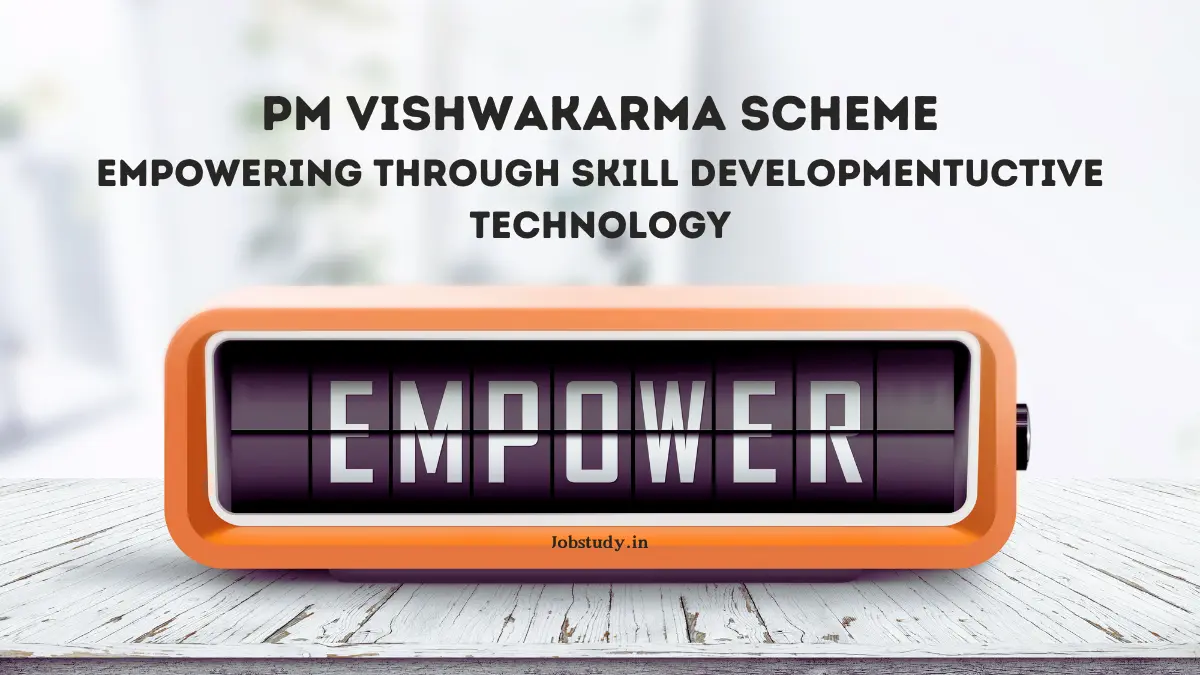Memorization is an essential skill that allows you to store information in your brain for a long time. From acing your exams to remembering important details at work, the ability to memorize effectively is crucial in today’s fast-paced world. Fortunately,
there are many memorization strategies that can help you improve your memory retention and recall. In this article, we will explore some of the most effective techniques for memorization.
Understanding How Memory Works
Before we delve into the memorization strategies, it’s important to understand how memory works. There are three main types of memory: sensory memory, short-term memory, and long-term memory. Sensory memory is the brief storage of sensory information, such as what you see or hear. Short-term memory is the temporary storage of information that lasts for a few seconds to a minute. Long-term memory, on the other hand, is the storage of information that lasts for days, weeks, or even years.
Memorization Strategies
Repetition
One of the simplest and most effective ways to memorize information is through repetition. Repetition helps to strengthen the neural connections in your brain, making it easier to recall information. This technique works well for memorizing facts, figures, and other types of information that don’t require a lot of context.
Read Also: How to Study Fast Without Forgetting: Tips and Techniques
Visualization
Visualization involves creating mental images to help you remember information. This technique works well for remembering lists, names, and other types of information that can be visualized. For example, if you’re trying to remember a list of items, you can create a mental image of each item and associate it with a particular location in your mind.
Association
Association involves linking new information to something that you already know. This technique works well for memorizing complex concepts and ideas. For example, if you’re trying to remember the steps of a process, you can associate each step with a particular object or image to make it easier to remember.
Chunking
Chunking involves breaking down large pieces of information into smaller, more manageable chunks. This technique works well for memorizing long lists or sequences of information. For example, if you’re trying to remember a phone number, you can break it down into smaller chunks, such as the area code, the first three digits, and the last four digits.
Mnemonic Devices
Mnemonic devices are memory aids that help you remember information by associating it with a word, phrase, or image. This technique works well for memorizing lists, names, and other types of information. For example, you can use the acronym HOMES to remember the names of the Great Lakes (Huron, Ontario, Michigan, Erie, Superior).
Active Recall
Active recall involves actively retrieving information from memory rather than simply reviewing it. This technique works well for strengthening your memory and improving your ability to recall information. For example, you can test yourself on the information you’re trying to memorize by creating flashcards or taking quizzes.
Spaced Repetition
Spaced repetition involves reviewing information at increasing intervals over time. This technique works well for strengthening long-term memory retention. For example, you can review the information you’re trying to memorize at increasing intervals, such as every day, every three days, and then once a week.
Multisensory Learning
Multisensory learning involves engaging multiple senses to help you remember information. This technique works well for people who learn best through hands-on experiences or who have difficulty remembering information through traditional methods. For example, you can use manipulatives or create visual aids to help you remember information.
Mind Mapping
Mind mapping involves creating a visual representation of information, using images, keywords, and other visual aids to help you remember it. This technique works well for organizing and memorizing complex information. For example, you can create a mind map to help you remember the key concepts and ideas in a book or lecture.
Create Stories
Creating stories or narratives around the information you’re trying to memorize can help you remember it more effectively. This technique works well for memorizing sequences of information or complex concepts. For example, you can create a story that incorporates the key concepts you need to remember.
Break it Down
Breaking down information into smaller, more manageable pieces can help you memorize it more effectively. This technique works well for complex or overwhelming information. For example, you can break a long passage of text into smaller sections and memorize each section separately.
Teach Someone Else
Teaching someone else the information you’re trying to memorize can help you remember it more effectively. This technique works well for reinforcing your understanding of the information and for identifying areas where you need to improve. For example, you can teach a friend or family member the information you’re trying to memorize.
Exercise
Exercise can help improve your memory and cognitive function by increasing blood flow to the brain and promoting the growth of new brain cells. This technique works well for people who need to memorize information for physical activities, such as dance routines or sports plays.
Get Enough Sleep
Getting enough sleep is essential for memory consolidation, the process by which new memories are transferred from short-term to long-term memory. This technique works well for people who need to memorize information over an extended period of time.
Reduce Stress
Reducing stress can help improve your memory and cognitive function by reducing the levels of the stress hormone cortisol, which can impair memory retention. This technique works well for people who struggle with test anxiety or performance anxiety.
Conclusion
Effective memorization is a skill that can be learned and improved with practice. By using the memorization strategies outlined in this article, you can improve your memory retention and recall, making it easier to succeed in school, work, and other areas of your life.
Memorization Strategies FAQs
Can memorization strategies work for everyone?
Yes, but different strategies may work better for different individuals.
How long does it take to see results with these strategies?
It varies, but consistent practice can yield significant improvements over time.
Is it possible to memorize everything perfectly?
No, but by using these strategies, you can improve your memory retention and recall.
How often should I practice these strategies?
Consistent practice is key, but the frequency may vary depending on the individual and the material being memorized.
Are there any risks associated with these strategies?
No, these strategies are safe and effective for most people. However, it’s important to consult with a healthcare professional if you have any concerns.






